HKDI NFT Forum and Design Sprint 2021

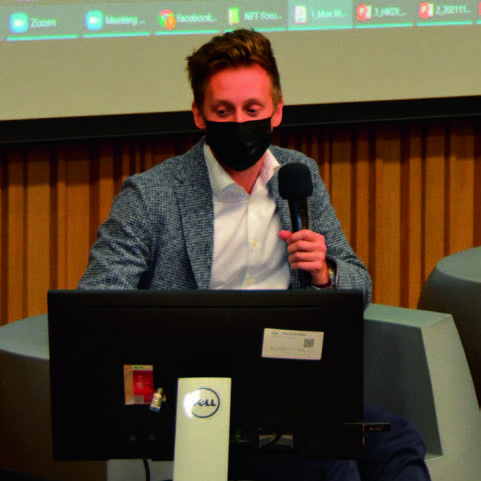
|
The sudden spike in NFT interest, and its relevance for aspiring Design students, has not escaped the attention of Hong Kong Design Institute. Accordingly, HKDI held the NFT Design Sprint and Forum on November 26 and 29 respectively, moderated by Filip Ziolek, multimedia and creative industry expert and practitioner. The NFT Forum gathered four experts, each bringing unique insights into the breadth and depth of change being instigated by NFT and associated technologies. The forum concluded with a wide-ranging discussion of how NFT will affect business, consumers, and designers. Max Moore Director and Head of Contemporary Art Auctions of Sotheby's Hong Kong and Co- Head of Digital Art Sales for Sotheby's Worldwide Sotheby's has accumulated a string of firsts in 2021—the first art sale at an auction house paid in cryptocurrency, auctioning the source code to the World Wide Web, re-creating their London premises in Decentraland, and setting a succession of new records for NFT artwork at auction. October 2021 saw the opening of Sotheby's Metaverse operations as a dedicated marketplace to buy, sell and display NFT assets. Currently, Sotheby's is mostly focused on fine art, but have an interest in other areas including sports, gaming and digital collectables. The company is well-positioned to bridge both digital and physical worlds and to highlight interesting and thought-provoking works. Sotheby's interest in NFT has a strong upside, as the vast majority of artwork creators are new to their auctions, as are the bidders. Moreover, going digital significantly streamlines the auction process. Sotheby's is conscious of its role in educating traditional art investors in possibilities for the market, as well as providing opportunities and a platform for digital artists, and establishing procedures for carrying out trusted digital auctions. Ricky Choi Smart Living Cluster Lead, CyberportCyberport is Hong Kong's leading digital community. They support start-ups with incubation services and have an impressive track record in fostering companies in a wide range of digital sectors, including fin-tech, digital entertainment, e-sports, AI, and smart living. Choi exhorted students to align their studies with these very high digital growth areas, especially as they relate to the United Nation's Sustainable Development Goals and the emerging green economy rich with job opportunities. Choi is a big believer in solving the world's problems through innovation, and recommended making use of Cyberport's Entrepreneurship and Cyber Academy programs as effective ways to help students establish their businesses. Cyberport is creating a universal NFT ecosystem to integrate blockchain and NFT into their existing communities, and are actively fostering collaboration within these communities. NFT are just beginning, and their potential applications could be transformative. Choi reminded the audience that NFT doesn't need to be a crypto business and that companies are currently too focused on art pieces, and need to be creative about incorporating new tech possibilities into real-world issues. He believes there are many possibilities for daily applications for NFT, particularly in health and smart living. Raymond Hung Co-founder and Chief Technology Officer of UCOLLEX UCOLLEX A product of the Cyberport ecosystem, UCOLLEX is a marketplace that sells unique and limited edition NFT for toys and pop culture collectables. The company aims to make NFT accessible for everyone by simplifying the process of creating, listing, and purchasing NFT. Hung fleshed out many of the technical aspects of NFT and blockchain, and what makes for success in this rapidly developing market. In summary, NFTs that have valuable uses, are created by trusted sources, show promise, and are associated with large blockchain markets, will have very strong prospects. Hung is particularly optimistic about the potential for gaming and the emergence of play-to-earn for both players and creators. There are enormous opportunities for designers to use blockchain technologies to solve current problems in society. Although, as it is still in the early stages there are problems with adoption based on poor usability of NFT and complicated purchasing processes. However, he pointed to the entrance of major brands such as Nike and Jimmy Choo as evidence for the technology having strong long-term prospects, especially for people working in the fashion and design areas. Steven Gallagher Professor of Practice in Law at the Faculty of Law, The Chinese University of Hong Kong Property law specialist Professor Gallagher gave a non-technologist perspective on the current state of NFTs, and the various challenges the technology faces in establishing itself. The law has struggled to come to grips with the ease of digital reproduction, and the emergence of NFT and digital ownership has complicated this even further. The benefits of NFT are real for artists, especially for those able to catch speculative interest, but it also allows them to reach more clients online, avoid gallery fees and agent fees, and have greater resale rights. NFT problems are also real, and include the vast majority of NFT sales are at a very low price, high environmental costs, and some technologies may not adequately maintain their blockchain, meaning NFT could disappear. Legal issues include a lack of blockchain regulation and regulatory institutions, tax avoidance, jurisdictional issues, and criminal activities such as theft and fraud. All of which concern governments. The law is currently working through how to deal with NFT, and he believes the technology is strong enough to ride out the bubble. There will be good investments opportunities, particularly for collectables, but the market may not be as rosy as people think now. |
Others
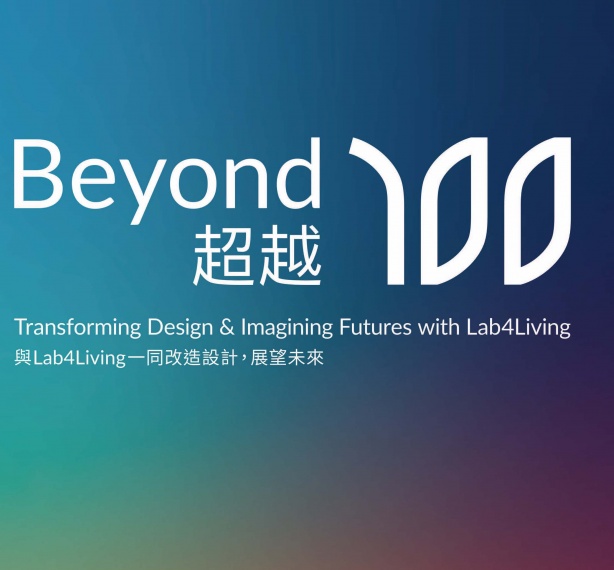
Latest News | 30 March 2022
Beyond 100: Transforming design & imagining futures with Lab4Living

Latest News | 30 March 2022
The Parametricism Era Interview with Patrik Schumacher, Principal of Zaha Hadid Artcihtects

Latest News | 30 March 2022
Purpose- Oriented Design Interview with Dr. Peter Zec, Founder and CEO of Red Dot
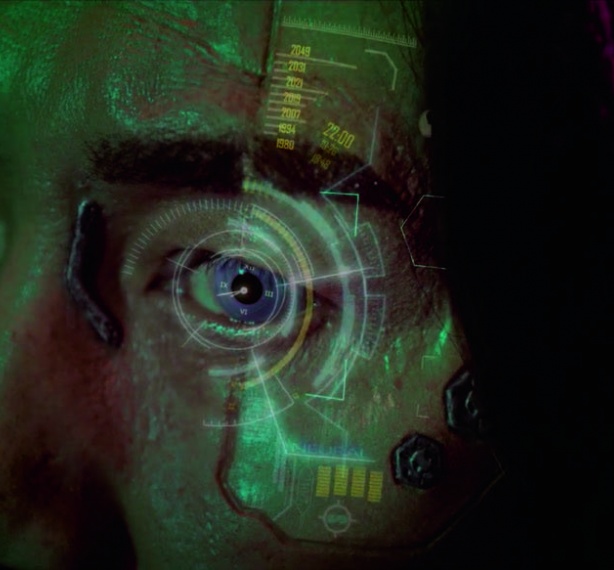
Latest News | 30 March 2022
ARTS TECHNOLOGY: The Future of Film-making

Latest News | 30 March 2022
Designing for a Non-Fungible World

Latest News | 30 March 2022
The Metaverse

Latest News | 30 March 2022
NFT Gaming

Latest News | 30 March 2022
Alternative NFTs

Latest News | 30 March 2022
NFT in the Marketplace

Latest News | 30 March 2022
Crypto Collectibles
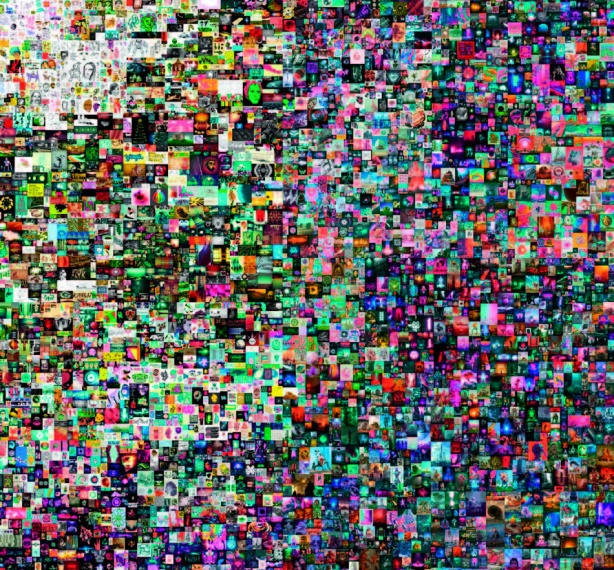
Latest News | 30 March 2022
NFT ART

Latest News | 30 March 2022
What can NFT do now?

Latest News | 30 March 2022
What is NFT?
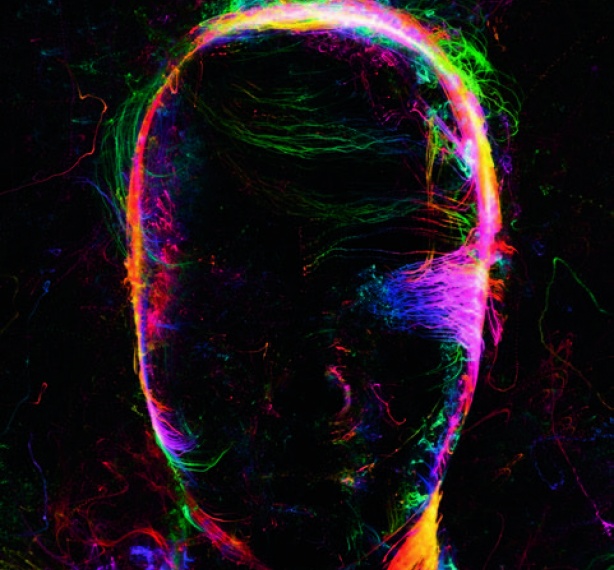
Latest News | 30 March 2022
Rethinking the Everyday: Fungible NON Fungible

Latest News | 30 March 2022
A View On Young Designers' Inspirations

Latest News | 30 March 2022
A View On Young Designers' Inspirations

Latest News | 30 March 2022
A View On Young Designers' Inspirations

Latest News | 30 March 2022
Opening of HKDI Centre for Communication Design
